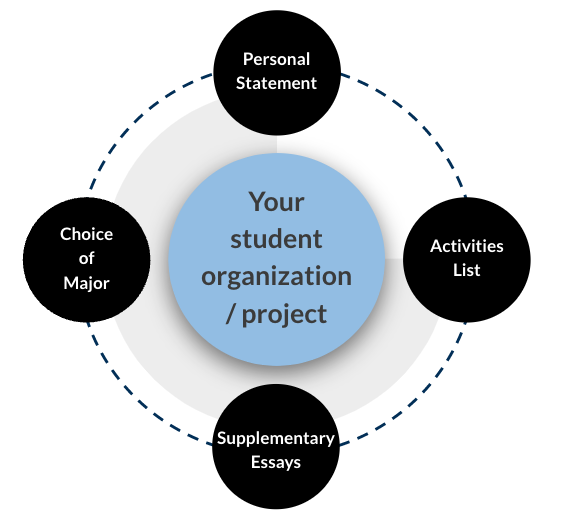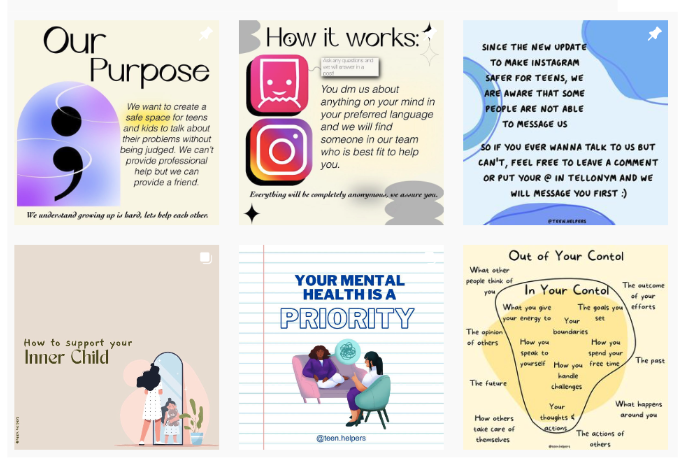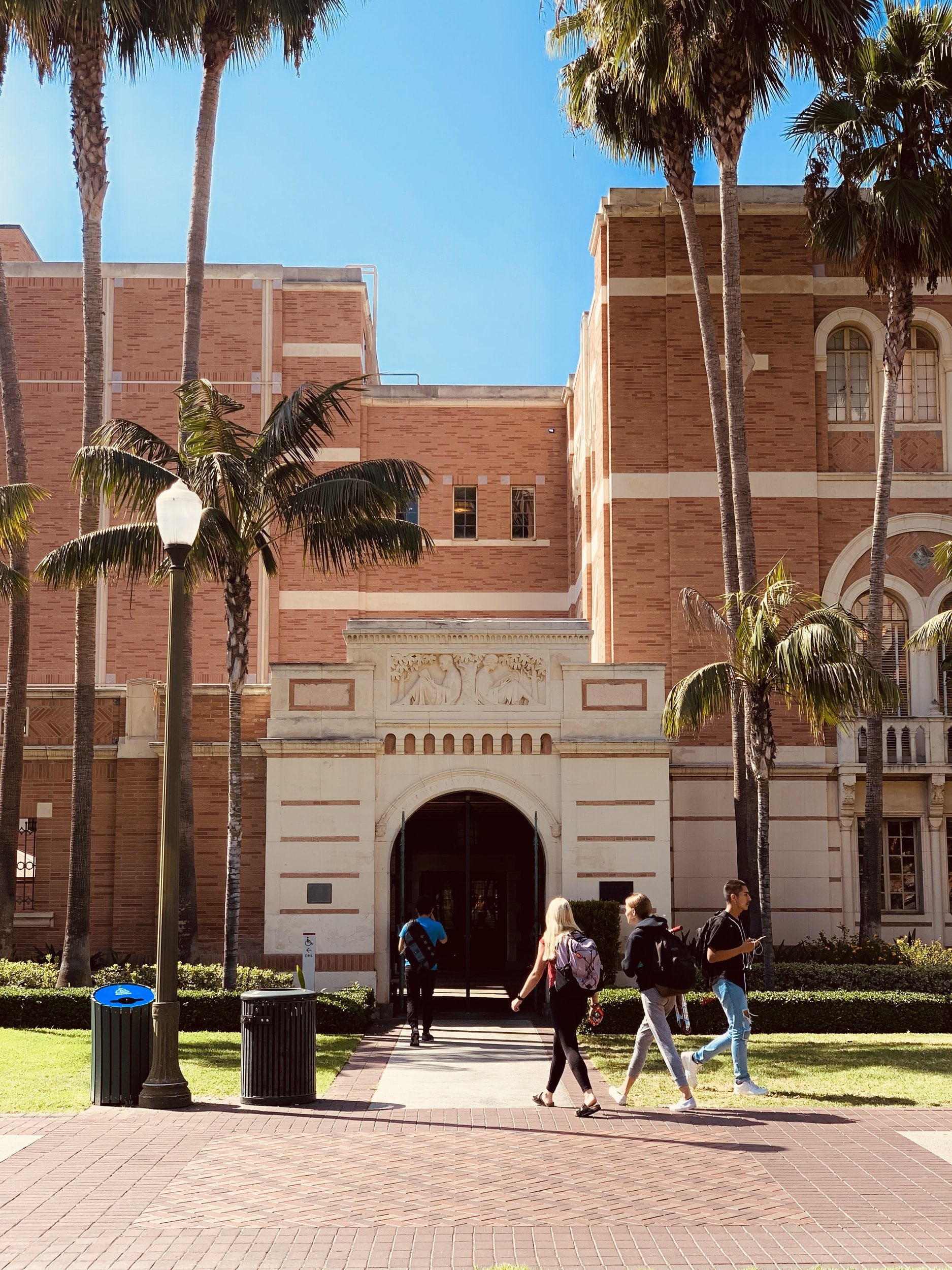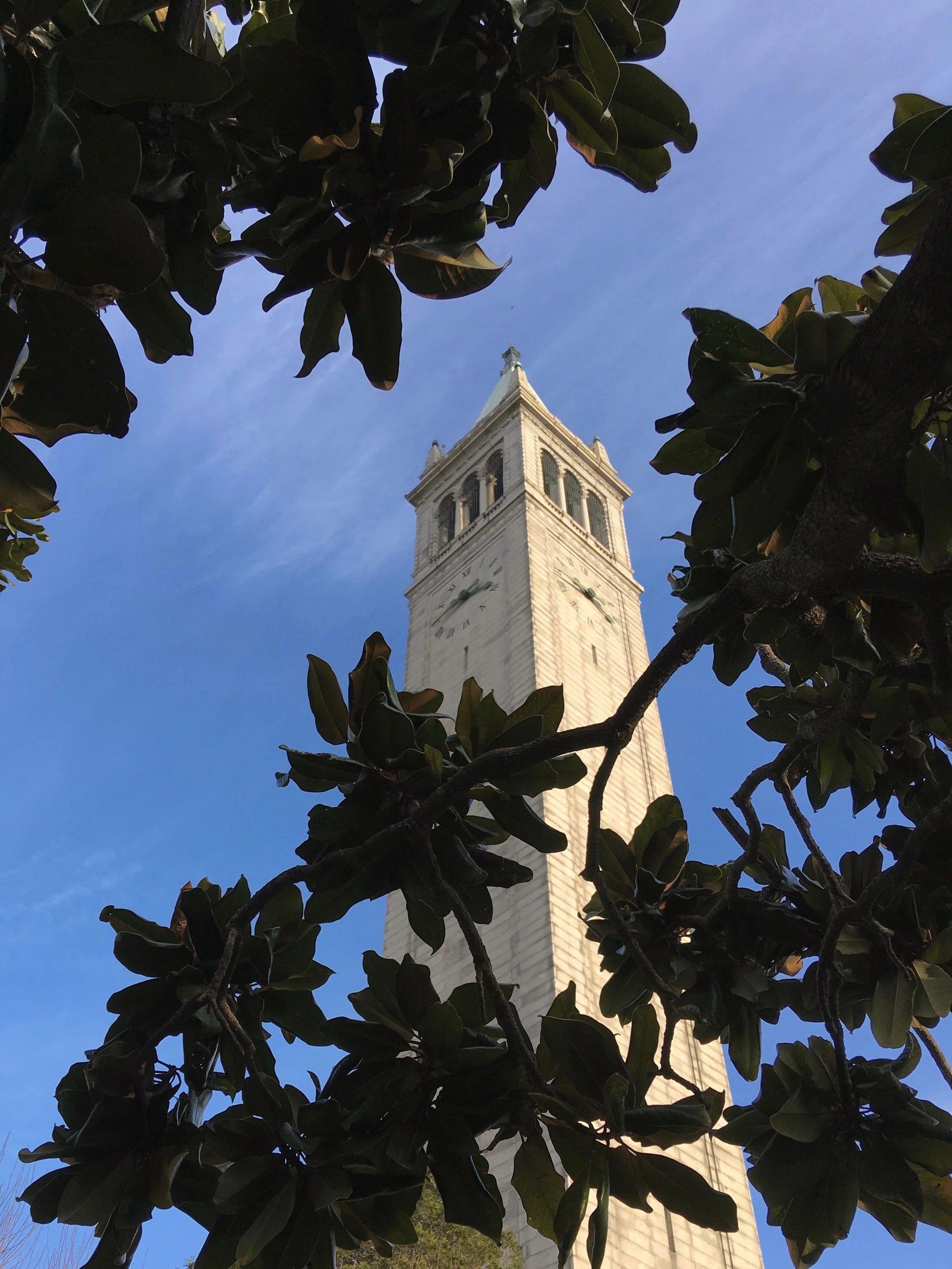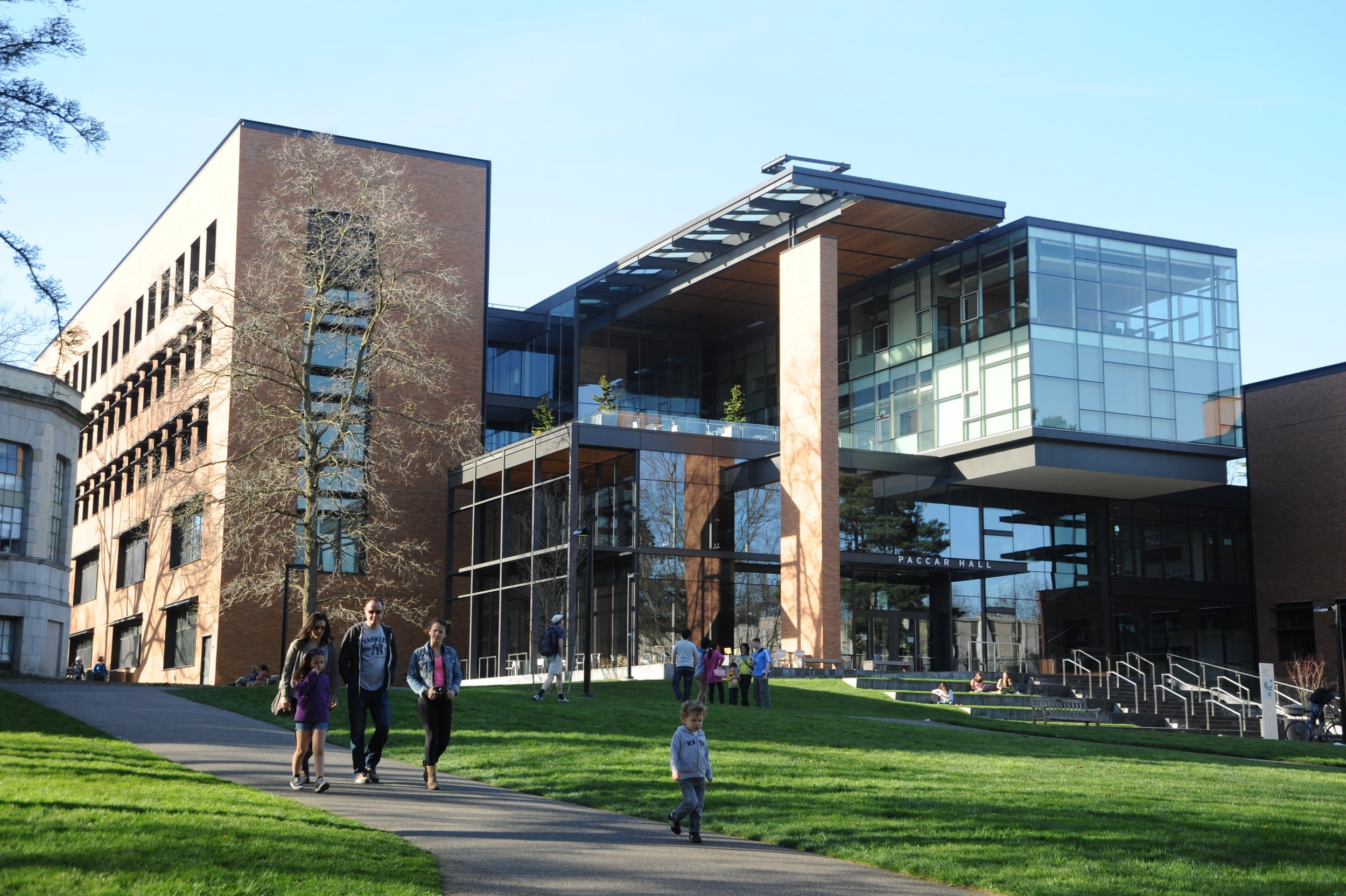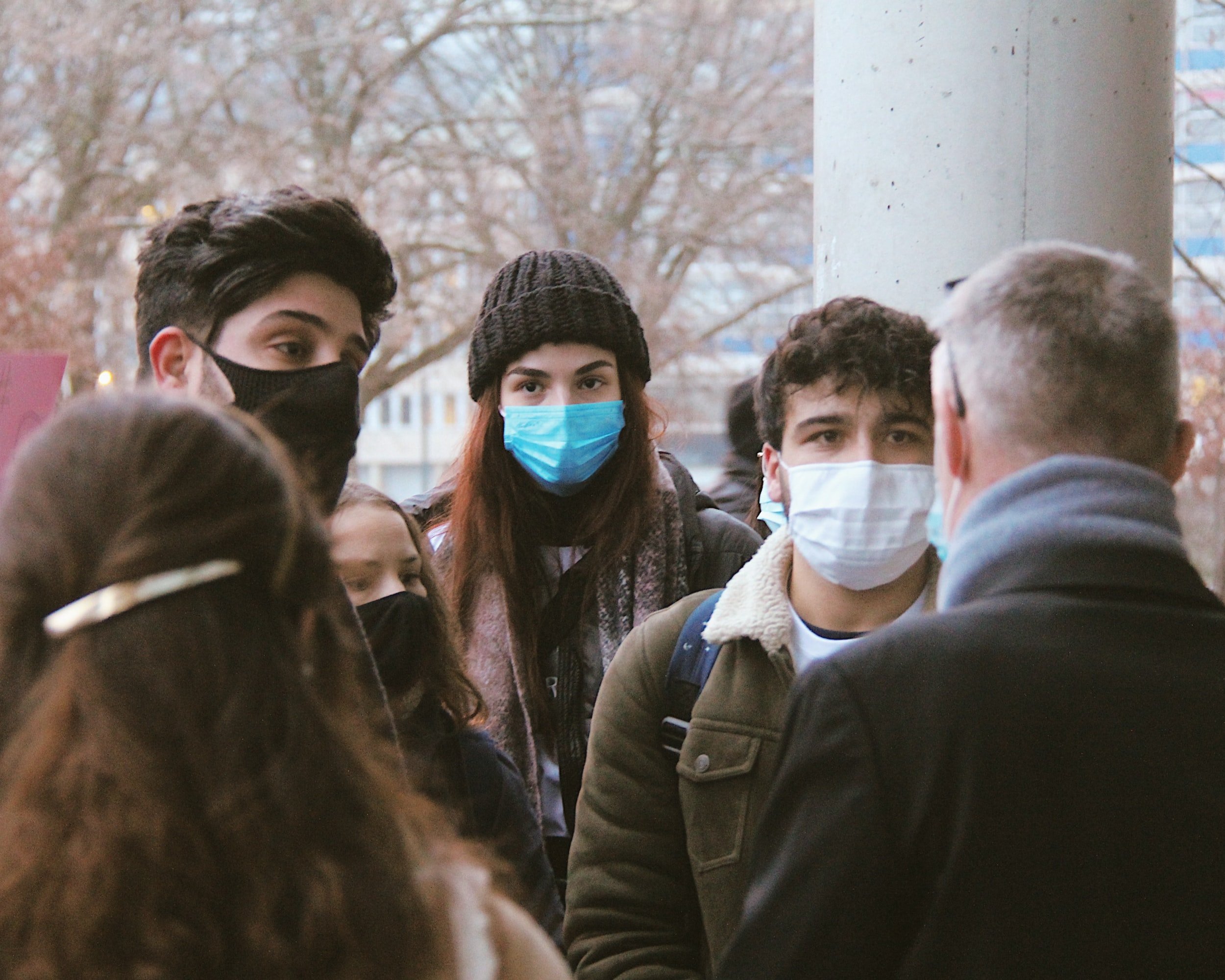Happy first day of school to FCPS students starting this week! We have been SWAMPED and are combining two weeks of updates for you!
BIGGEST COLLEGE-RELATED NEWS OF THE WEEK
WEST VIRGINIA CUTS FOREIGN LANGUAGES
West Virginia University made the controversial decision last week to cut all foreign language instruction and let go of professors in response to budget constraints. The proposed cuts include other programs as well, for a total of 32 majors and 7% of the university’s faculty. With declining enrollment, WVU has determined that the drastic cuts are necessary to maintain more popular programs like forensics, engineering, and neuroscience. Professors and students are objecting to the cuts.
While many other public universities have faced budget constraints, WVU is the first state flagship to make such extreme cuts to its programs in response. The proposed cuts, if approved, will take effect in May.
ATTACK AT HOWARD UNIVERSITY
Howard University ramped up security last week after three Howard students were attacked by a mob of teenagers outside of a residence hall and one student was stabbed. In response to this act of violence, as well as rising rates of violence in DC as a whole, Howard has worked to increase security on campus in advance of the arrival of the newest freshman class. The changes for this orientation include “safety paths” on campus with officers stationed every 100-200 feet, and some events being moved indoors where student IDs can be checked on entry.
CHANGES TO FCPS TRANSCRIPTS
I almost had a heart attack last week as I was scanning through a general FCPS email to parents one night and noticed that major changes had been made to high school transcripts effective immediately. They are good changes, actually, but we had already finalized so many self-reported transcripts and senior year schedules and I knew a lot of that work would need to be redone. You can read about the changes here: basically, all courses that receive honors/advanced weighting will now have the designations to match on the transcripts. To be honest, this was a long time coming as the former policy just made no sense - why wouldn’t all courses with honors weighting be called honors? I’m glad they fixed it, but wish they would have done it sooner. I scrambled to put a plan in place and emailed all of our families at 11:00 that night! We’ve been able to get everything fixed for most of the impacted students already, so I’m glad for that!
NEW FAFSA IS COMING
A new version of the FAFSA, said to be more user-friendly than previous versions of the form, is expected to be unveiled for the 2024-2025 school year. In addition to eliminating the “discount” for families with multiple students in college at once, the new form will also replace “expected family contribution” with the “student aid index,” a guideline for the amount of aid for which a student qualifies. The number of questions on the form has also been reduced, which we certainly hope will make this challenging process a bit easier for families!
Unfortunately, the changes do mean that the FAFSA will be released significantly later this year - the form often comes out in October, but this year, it is not expected to be released until December. Colleges and universities are updating their due dates for the FAFSA accordingly, with some pushing March dates to April or rethinking winter priority deadlines.
BEST ARTICLES OF THE WEEK
We definitely empathized with Clara, the mother in this Town & Country article, who is allowing her son to take a laid-back approach to college admissions in favor of a more balanced experience in high school. There can be something very freeing about intentionally choosing to bypass the rat race. Two words of caution, though: first, if your family is going to go in this direction, you have to truly understand the landscape and what the outcome will be. Some parents say things like: “We have very realistic expectations - he doesn’t need to go to an Ivy! We would be thrilled witha place like Tufts!.” Well, Tufts has a 9.7% acceptance rate - that’s more selective than Harvard was, when today’s parents applied. Tufts isn’t a safety for anyone anymore! Even the University of South Carolina - a fine place, of course, but not the most selective school, historically - is adamant that they are looking for As on transcripts in math, science, and English classes specifically.
Next, after you’re made peace with the outcome, you have to firmly commit to this approach - you can’t change your mind junior or senior year. That would be the absolute worst thing to do. Your family would undergo an enormous amount of stress trying to “catch up” and would likely not be able to catch up anyway, because admissions committees assess students on their performance from grades 9-11.
If you are an international student applying from abroad to US schools, check out this article for a clear breakdown of what might be an unfamiliar education system. Learn about the different types of schools in the US and how the grading system, majors and minors, and exam schedule may differ from your home country. This is also a great primer for US students and families who feel confused by some of the terminology schools use (what are majors vs. concentrations?).
Plus, check out this comprehensive look at legacy admissions, and what it might mean for more schools to eliminate it.
And finally, there are a lot of changes, both good and bad, when a child moves away from home for the first time. Unfortunately, we all know that college students have been suffering from a mental health crisis in recent years, and one mental health issue that is particularly common on college campuses is eating disorders. This article offers some tips to help talk with your student and protect them from this type of mental health challenge when they head off to their new campus home.
OFFICE HAPPENINGS
It’s #firstdayfairfax and so many of you are heading back to school! My son James was so excited to go back this morning that he was literally running down the street to try to get into his first grade classroom faster!
We are so lucky to have an amazing neighborhood public school - every year I think to myself that there’s no way this year’s teacher is going to measure up to last year’s (or in last year’s case, that James’ teacher wouldn’t measure up to his sister Caroline’s amazing kindergarten teacher) and somehow they manage to just have a whole team full of rockstars over there. Very grateful! Caroline starts her first day of middle school on Wednesday at OLGC with another incredible team of rockstars and I am so grateful for them too.
(Also, I can’t believe I have a child in middle school! Yikes!)
I would just like to put it on the record that I had nothing to do with this sock choice :)
It has been such a whirlwind over the past several weeks between August 1 and today, when about half of our students returned to school. This has always been the busiest time of the year by a very long shot, and as the FCPS start date inches earlier and earlier, everything compresses into a shorter and shorter period.
This year’s enormous increase in essays as a result of the Supreme Court ruling has just been the cherry on top of a fun three weeks :) Our students and essay coaches have been cranking out supplemental essays at a record pace, and many of our students are close to finishing their Common ApplicationⓇ work! We’re so excited to see everything start to come together.
As always, we will have more space for Late Start Seniors after our first cohort finishes up - so feel free to schedule a Meet & Greet session if you’re a senior who still needs help! We have appointments available as early as next week during school hours (parents are able to attend on their child’s behalf, if that’s easier), and our first after-school availability at the moment is on Thursday, September 7.
Have a great week!







